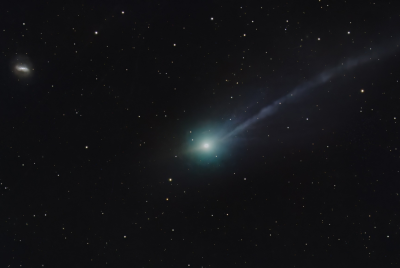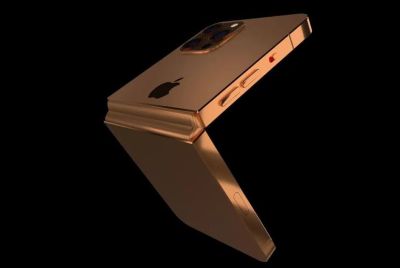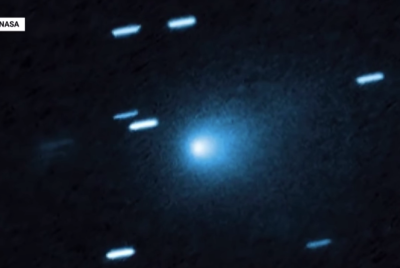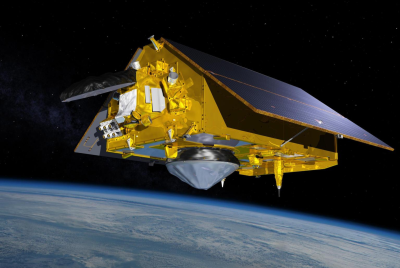Russian space agency loses contact with Meteor satellite as it blasts toward orbit
Roscosmos failed to establish communications with the Meteor M 2-1 satellite.
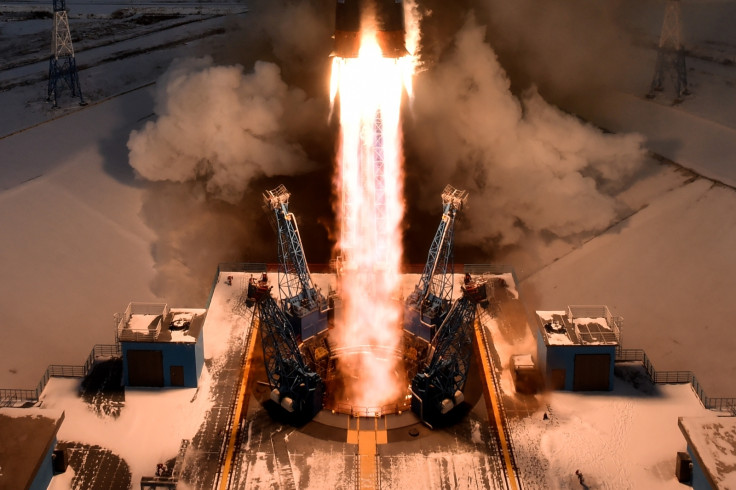
Russia's space programme has been hit by another blow after its latest weather satellite failed to enter orbit.
Roscosmos, the Russian space agency, said it had been unable to establish communications with the Meteor M 2-1 satellite which was launched atop a Soyuz-2 booster rocket on Tuesday (28 November) from Russia's new Vostochny launch pad in the Far East.
The agency was trying to find out what had happened.
"During the first scheduled communication session with the space vehicle, contact was not established because it is not on its planned orbit," the space agency said.
Russian news agencies reported that the likely cause was the failure of the booster's final stage, the Fregat.
The booster - part of a five-year mission - also carried 18 micro-satellites built in Canada, Germany, Japan, Norway, Russia, Sweden and the United States.
The glitch followed a series of failed launches in recent years that tarnished the reputation of the Russian space industry.
Some of the problems were traced to manufacturing flaws.
The Meteor M 2-1 satellite was designed to send back images and analytics of the Earth's surface, ice and snow levels and sea temperatures and conduct monitoring of the ozone layer. Tass, a state news outlet, noted that this was the second failed launch from the spaceport.
The first, watched by the country's president, Vladimir Putin, was on 28 April. That launch was abruptly aborted with 90 seconds to spare after a control panel error.
"The fact is there is a large number of hitches. That is bad," Putin told reporters.










